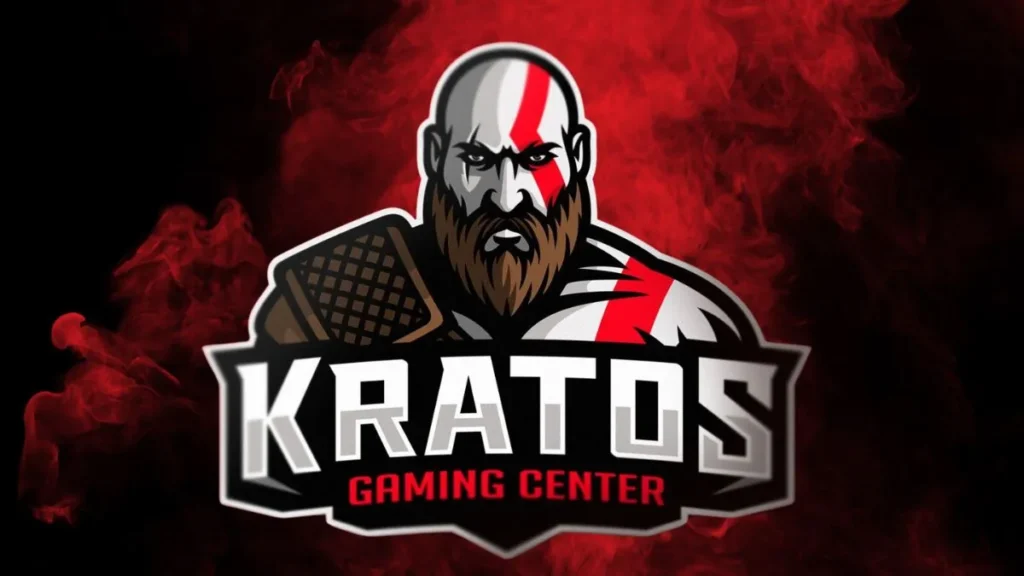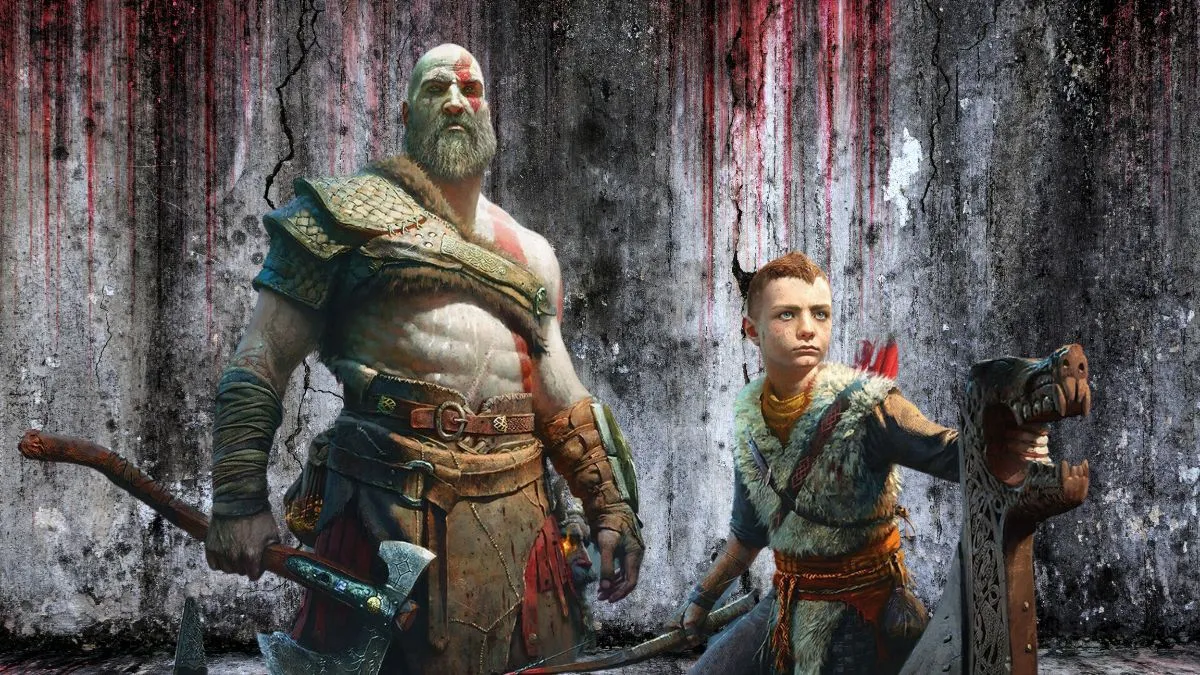Kratos, originally conceived as a Spartan warrior seeking vengeance in the God of War series, quickly transcended his origins to become a gaming icon. From his brutal and relentless pursuit of justice to his complex character development, Kratos has undergone a remarkable transformation over the years. With each new installment in the franchise, players witnessed Kratos’ growth from a one-dimensional anti-hero to a multifaceted protagonist grappling with themes of redemption and fatherhood. His evolution not only showcased advancements in storytelling within video games but also challenged traditional notions of heroism.
As gamers navigated through the intricate narratives woven around Kratos, they found themselves drawn into his world filled with gods, monsters, and moral dilemmas. The journey from being perceived solely as an instrument of war to embodying qualities of empathy and introspection solidified Kratos’ status as more than just a character – he became an enduring symbol of resilience and transformation.
Development of Kratos
The development of Kratos, the iconic character from the God of War series, is a fascinating journey that showcases the evolution of storytelling in video games. Created by Santa Monica Studio, this was envisioned as a complex and troubled protagonist with a tragic past. From his origins as a mortal warrior to becoming the God of War himself, Kratos’ transformation reflects themes of vengeance, redemption, and inner turmoil. The developers meticulously crafted his character arc to resonate with players on an emotional level.
Through each installment in the series, it undergoes significant growth and development, grappling with his demons while navigating treacherous mythological landscapes. This evolution not only adds depth to his character but also keeps fans engaged and invested in his narrative.
Concept and Design Evolution
The concept and design evolution of Kratos, the iconic protagonist of the God of War series, has been a journey marked by meticulous attention to detail and creative innovation. From his initial creation, Kratos’ character underwent significant transformations in terms of appearance, personality, and backstory. The developers at Santa Monica Studio worked tirelessly to refine his look and demeanor to reflect the complexities of his vengeful yet tormented nature.
Its signature red tattoos, menacing facial expressions, and distinctive armor became emblematic elements that fans instantly recognized. Each installment in the series brought subtle changes to his design while maintaining core characteristics that defined him as a formidable warrior seeking redemption.
Role in the God of War Series
Kratos’ role in the God of War series is nothing short of iconic. As the protagonist, he embodies vengeance and redemption while navigating through a world filled with gods and monsters. Throughout the series, players witness Kratos’ journey from a Spartan warrior seeking revenge to a complex character grappling with his own humanity.
His struggles against powerful adversaries like Zeus and Ares showcase not only his physical prowess but also his emotional depth. The narrative arc of each game delves into Kratos’ past traumas and inner turmoil, adding layers to his character beyond just being a formidable warrior. Its interactions with other characters, such as Athena and Atreus, further highlight his development throughout the series. These relationships shape him as a character and provide insight into his motivations and conflicts.
Kratos in Different Eras
Kratos, the iconic protagonist of the God of War series, has evolved significantly throughout different eras in gaming history. From his origins in Greek mythology to his more recent Norse adventures, Kratos has undergone various transformations that have kept fans engaged and intrigued. In the early days of the franchise, Kratos was depicted as a ruthless and vengeful Spartan warrior seeking revenge against the gods who wronged him. This era established him as a formidable anti-hero with a tragic backstory that players could empathize with.
As the series progressed, This transitioned into new environments and mythologies, such as Norse mythology in the latest installment. This shift introduced fresh challenges for Kratos to overcome while expanding on his character development and relationships with other deities.
Cultural Impact and Receptions
The iconic character from the God of War series, has left a significant mark on pop culture and gaming history. His story of vengeance and redemption resonates with players worldwide, transcending borders and languages. The brutal yet complex nature of Kratos has sparked discussions about morality in video games and storytelling in the medium. Critics have praised the character for his depth and evolution throughout the series, highlighting how he challenges traditional gaming tropes.
Moreover, Kratos’ impact extends beyond just gaming. He has become a symbol of strength and perseverance for many fans, inspiring countless cosplayers, artists, and even tattoo enthusiasts to pay homage to his powerful presence.
Other Appearances and Guest Appearances
Kratos, the formidable protagonist of the God of War series, has not only dominated his own franchise but has also made appearances in other games and media. Fans were thrilled to see Kratos step into different realms beyond his own saga.
Guest appearances in titles like “Soulcalibur: Broken Destiny” and “Mortal Kombat” showcased Kratos’ versatility as a character, adapting seamlessly to different gameplay styles. His inclusion brought a fresh perspective to these games and delighted players who got to control him in new settings. Furthermore, it extended his reach by appearing in various forms of media such as comic books and novels. These crossovers further enriched his story and expanded his influence beyond the gaming world.
Impact on Modern Culture
Kratos, the iconic protagonist of the God of War series, has left an indelible mark on modern culture. His journey from a vengeful Spartan warrior to a complex and multidimensional character has resonated with audiences worldwide. The themes of redemption, sacrifice, and personal growth explored in his story have sparked discussions in gaming communities and beyond.
Its popularity transcends the realm of video games, influencing various forms of media such as literature, film, and even fashion. His recognizable appearance and fierce demeanor have made him a symbol of strength and resilience for many fans. Cosplayers often emulate his distinctive red tattoos and menacing attire at conventions and events.
Kratos as a Gaming Icon
Kratos has undeniably solidified his place as a gaming icon over the years. With his iconic red tattoo, imposing stature, and relentless pursuit for vengeance, Kratos embodies the epitome of a memorable video game character. His evolution from a mere mortal to an immortal God of War has captivated players worldwide.
Throughout the God of War series, Kratos’ character development and complex emotions have resonated with gamers on a deep level. From his tragic past to his internal struggles with morality and redemption, It stands out as more than just a typical action hero; he is a multifaceted figure that players can empathize with.

Legacy and Future of Kratos
Kratos has left an indelible mark on the gaming industry, cementing his legacy as one of the most iconic and complex characters in video game history. The journey of this Spartan warrior turned God of War has resonated with players worldwide, captivating audiences with his relentless pursuit for redemption and vengeance.
As Kratos continues to evolve and grow, fans eagerly anticipate what the future holds for this enigmatic character. With each installment in the God of War series pushing boundaries in storytelling and gameplay, there is no doubt that Kratos will continue to shape the landscape of gaming for years to come. The legacy extends beyond just entertainment; it serves as a testament to the power of immersive storytelling and character development in video games. As technology advances and narratives become more sophisticated, it stands at the forefront as a beacon of innovation and artistry within the medium.
Conclusion
Kratos has undeniably made a lasting impact on the gaming industry and popular culture as a whole. From his origins in “God of War” to becoming a revered gaming icon, Kratos has evolved in complexity and depth while maintaining his reputation as an intense anti-hero seeking redemption. The development of Kratos from a vengeful Spartan warrior to a multifaceted character with emotional depth showcases the evolution of storytelling within video games. His journey through different eras and mythologies has captivated audiences worldwide, highlighting the versatility of this iconic character.
Its cultural impact is evident not only through the success of the “God of War” series but also in his appearances across various media and collaborations with other franchises. His presence in modern culture resonates with fans old and new, solidifying his status as one of the most recognizable figures in gaming history.









